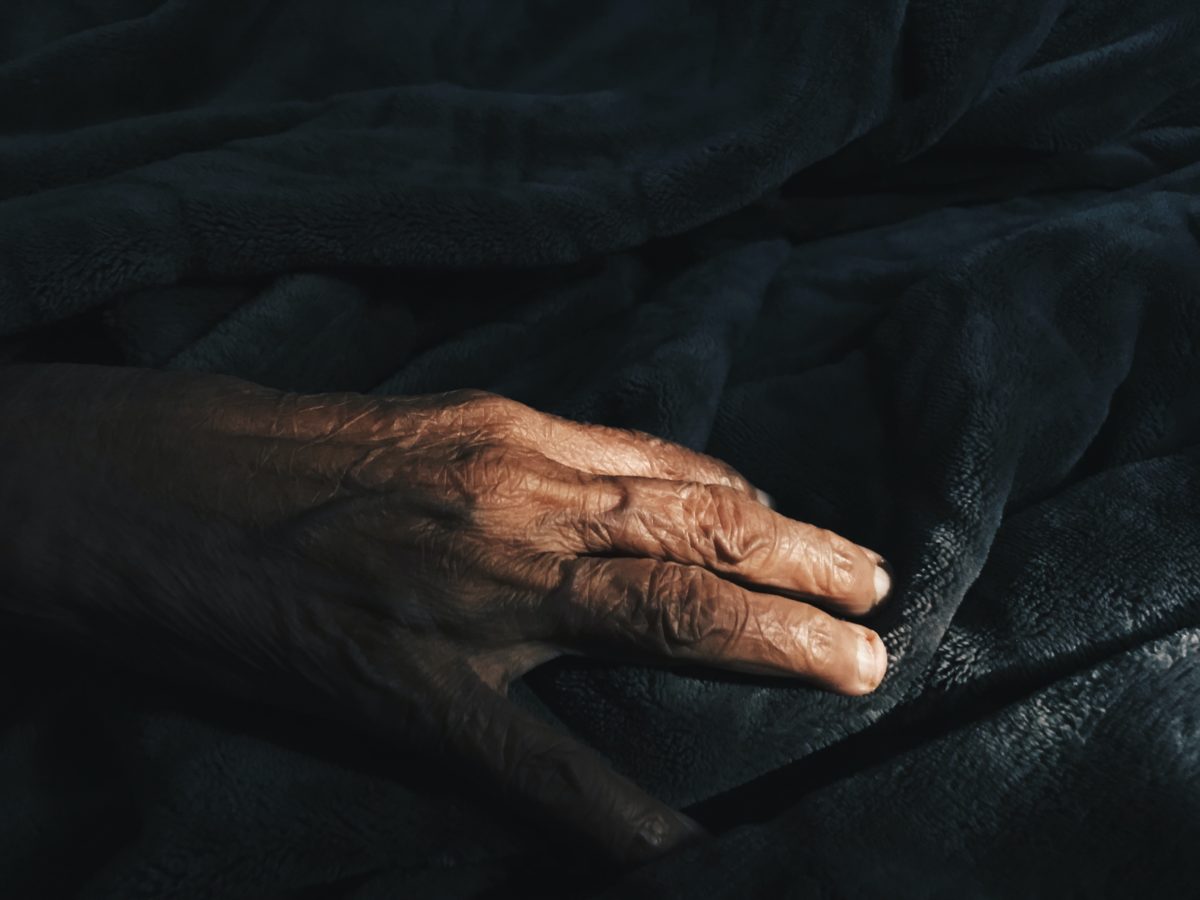
Why Elderly Incarcerated People Struggle to Find Care After Prison
Thousands of elderly people are released from U.S. prisons each year, and advocates say states urgently need to scale up their capacity to provide them with compassionate care.

Thousands of elderly people are released from U.S. prisons each year, and advocates say states urgently need to scale up their capacity to provide them with compassionate care.
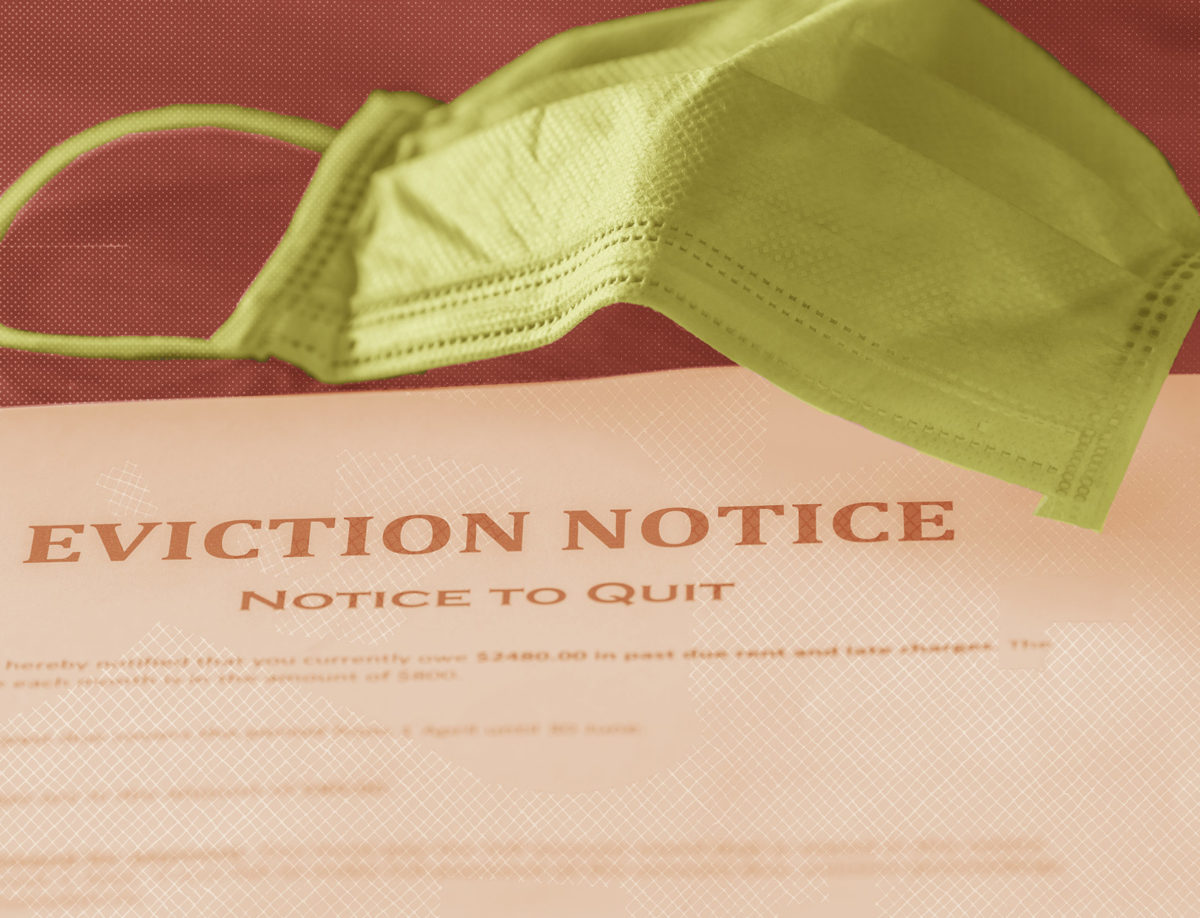
Only 7 percent of tenants in the state have legal representation in eviction proceedings. A bill in the Connecticut house is trying to change that.
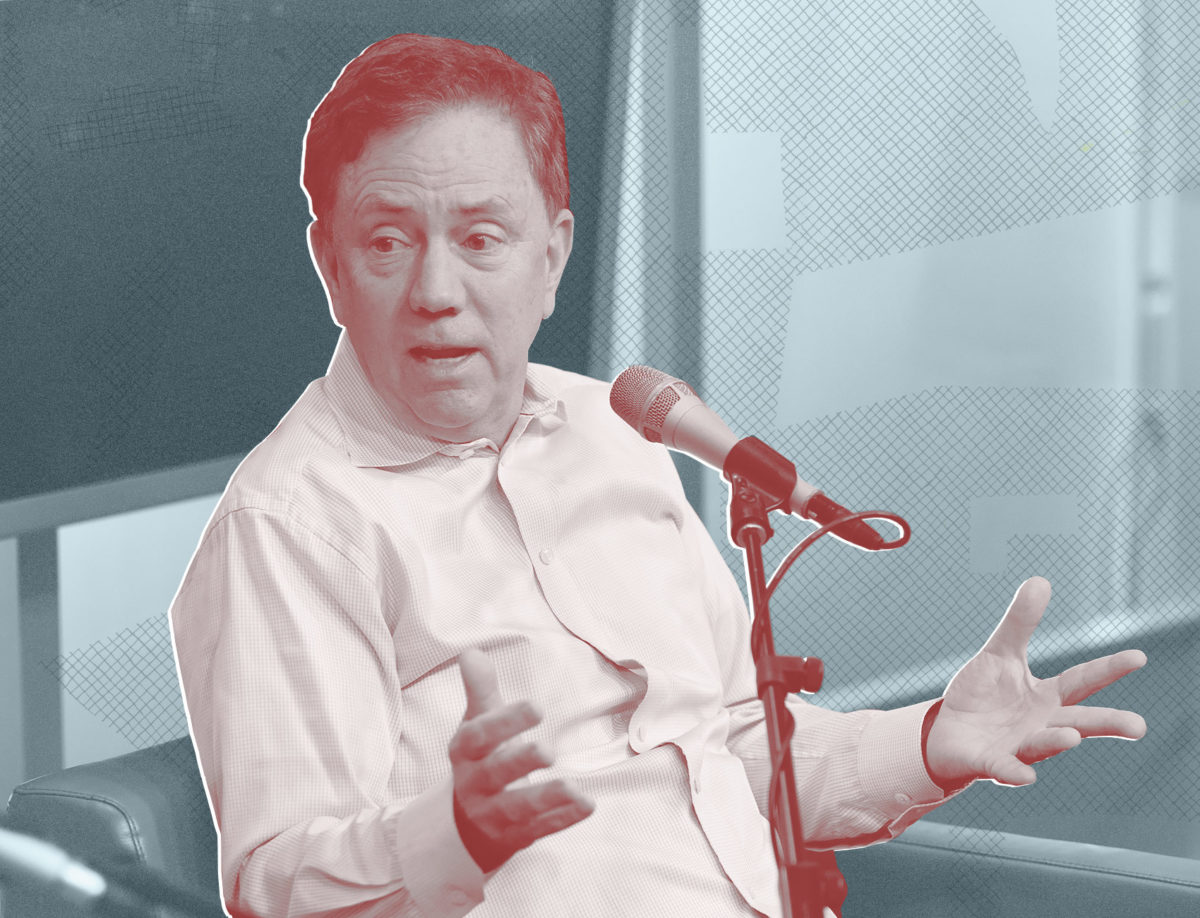
The governor has rolled back eviction protections for those struggling most to pay rent.
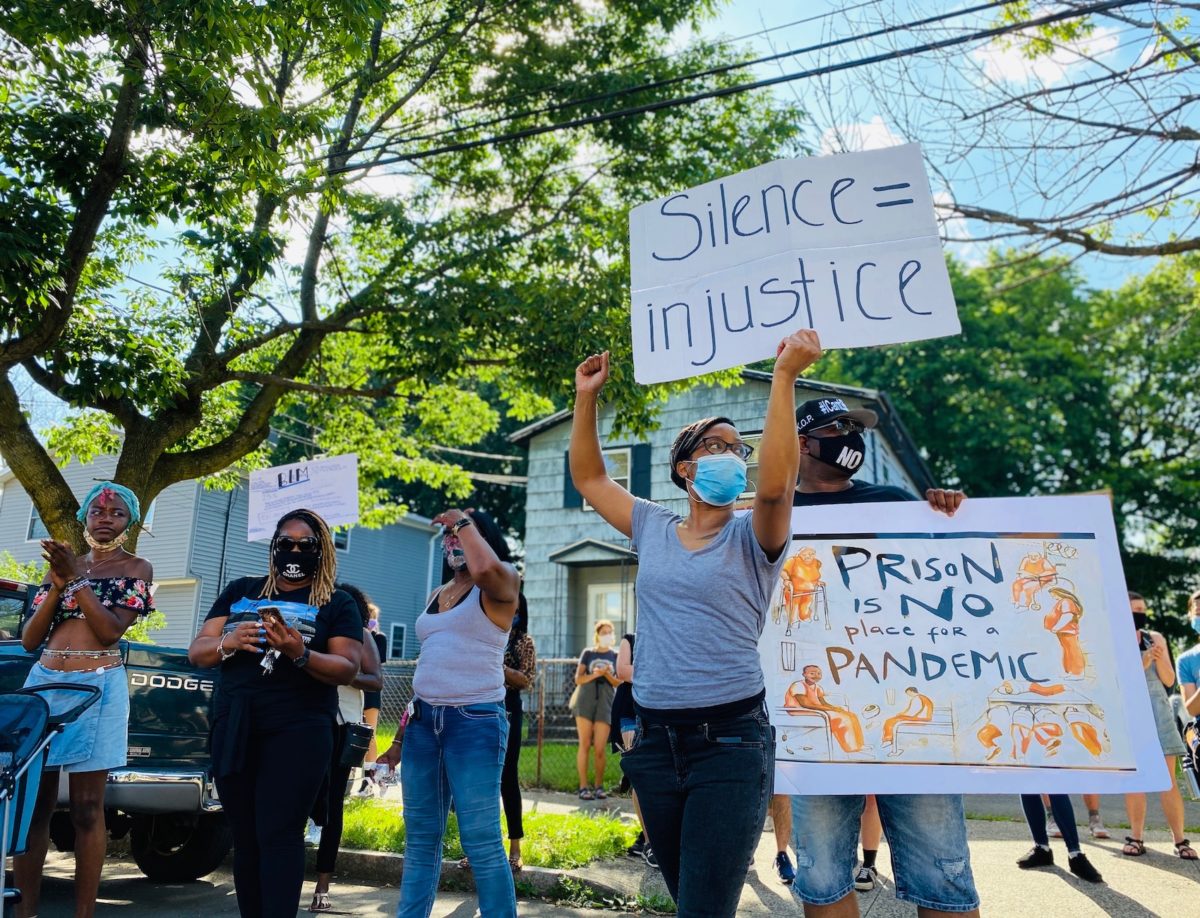
According to people incarcerated and their loved ones, state officials are ignoring the spread of COVID-19 at New Haven Correctional Center.

Faculty members of the Yale School of Public Health, the Yale School of Medicine, and the Yale School of Nursing wrote to the governor that sending patients there is “inhumane and ineffective.”
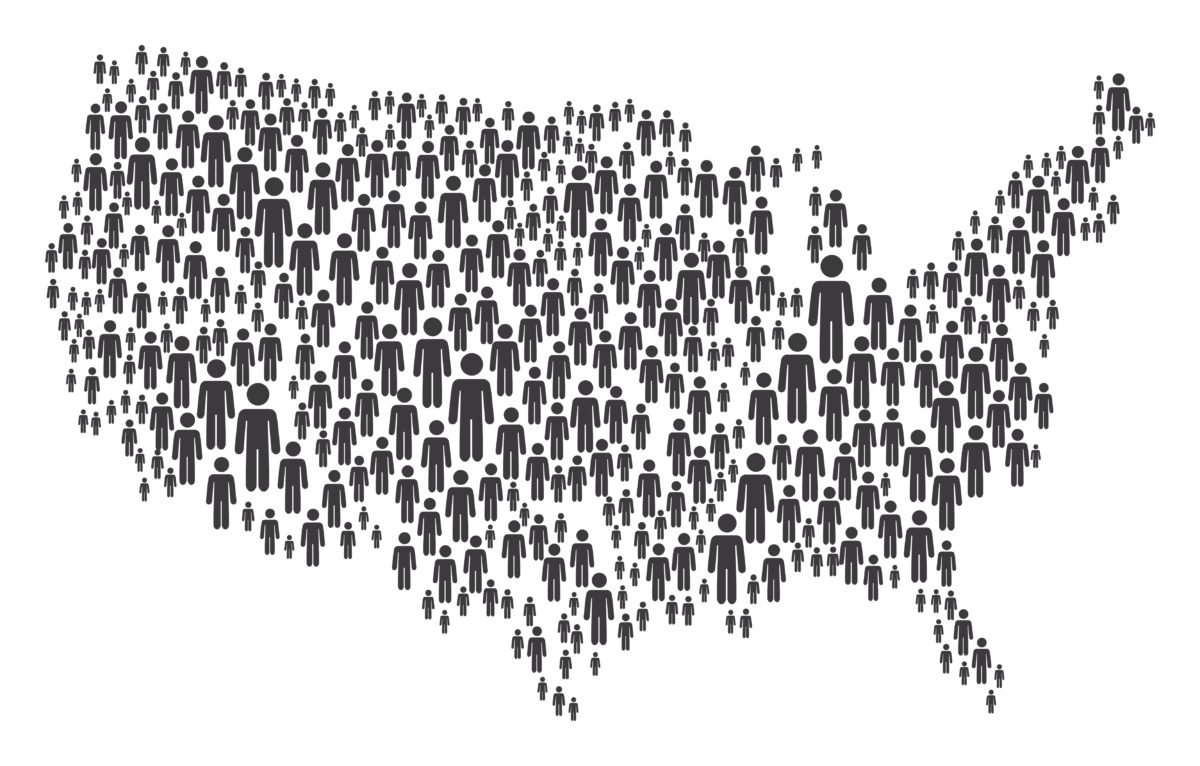
The most productive solution would be to allow prisoners and formerly incarcerated people to vote, but until that happens, the least we can do is stop giving their voting power to the towns that profit from their imprisonment.

Informants are highly motivated to lie. But jurors don’t always have the information or skills to discern the truth.

Recent legal victories have spurred counties and states to provide medication-assisted treatment to prisoners struggling with substance use.
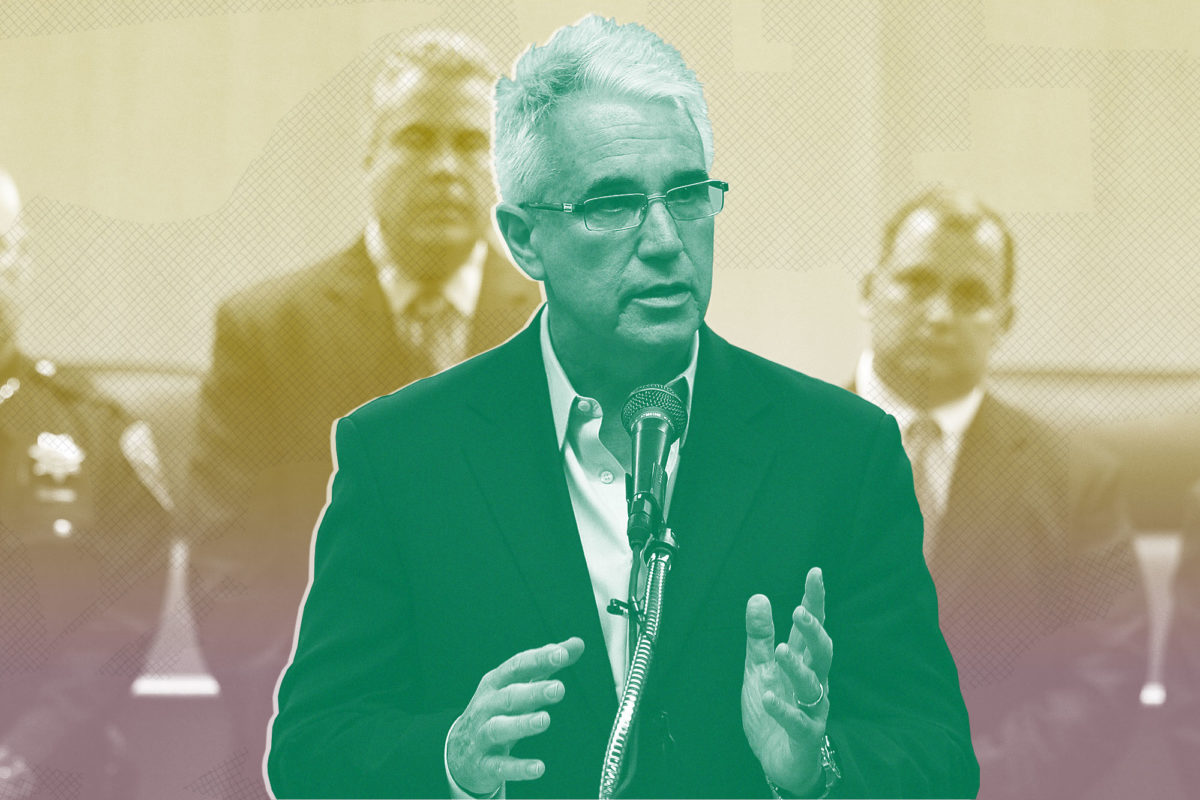
Prosecutors are supremely powerful and have played an outsize role in mass incarceration. What can be done?